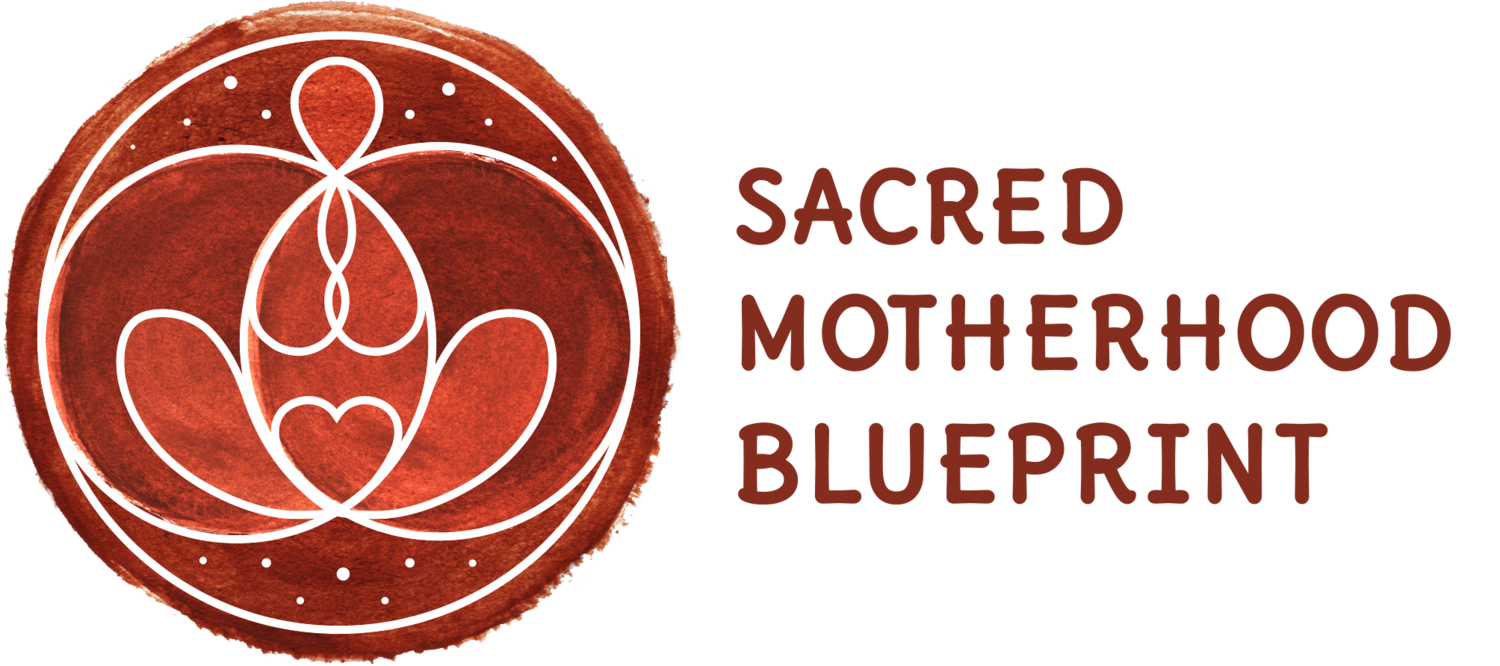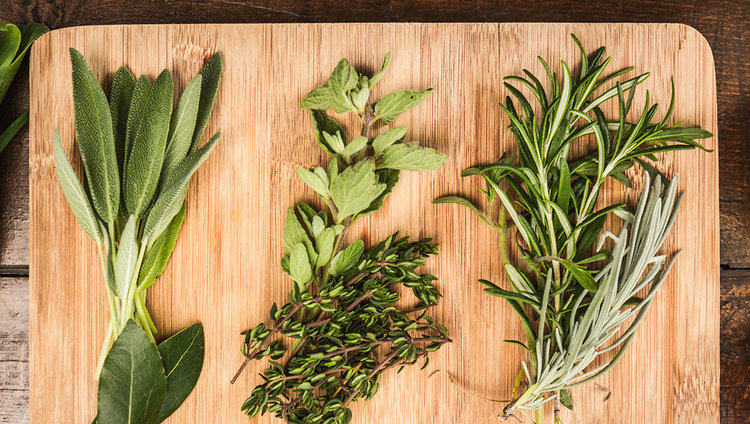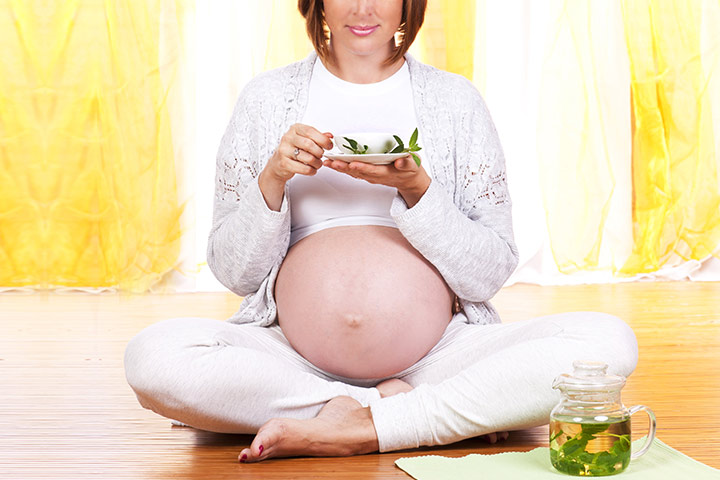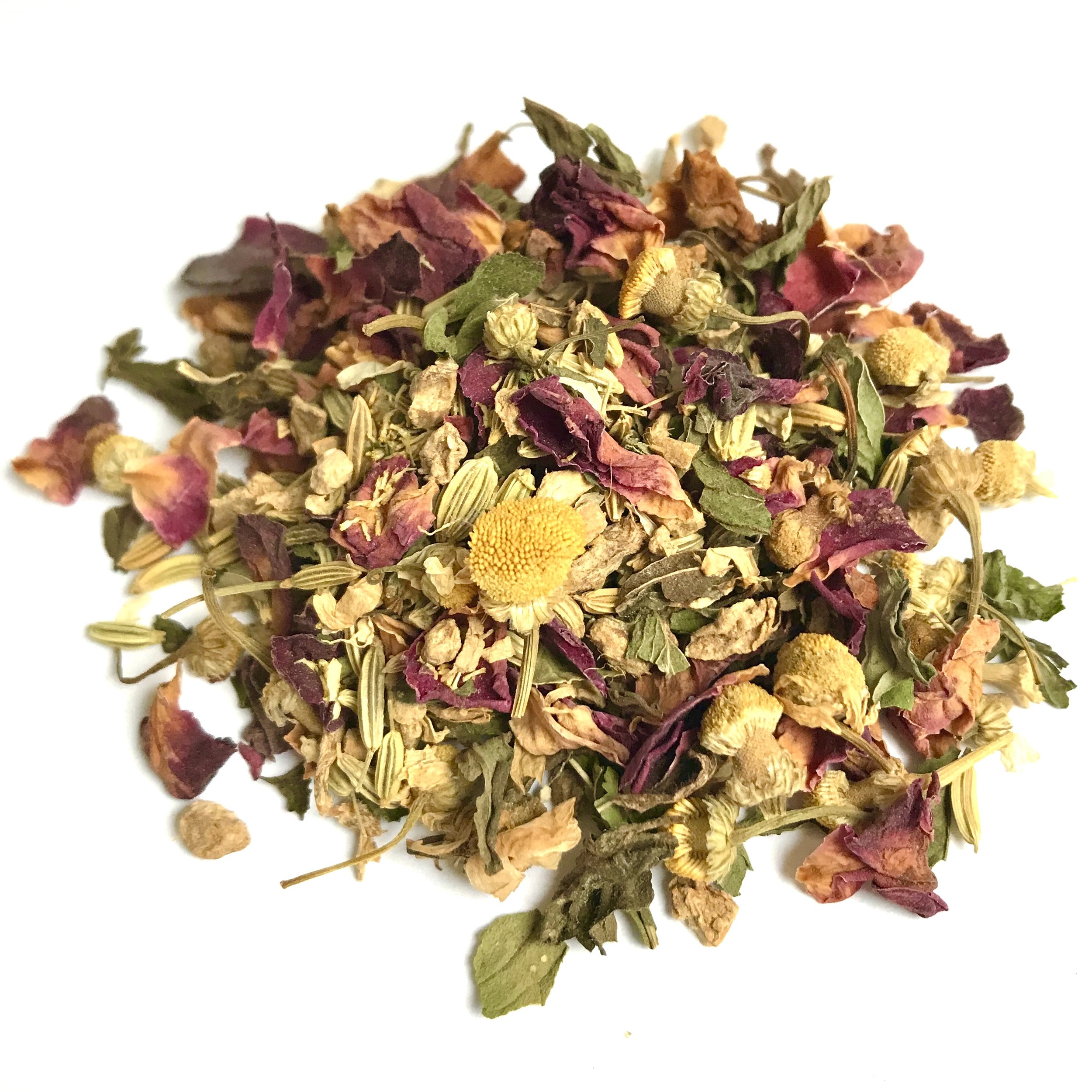By Feather Jones, RH, AHG
Herbs are being used more and more in our every day lives as people become more aware of their healing powers. What isn’t commonly known is whether or not they are safe for pregnancy.
Gestation is a wonderful time in a woman’s life as there is much power and magic in the changes that takes place. The first trimester is the most critical time with regards to changes in the environment, surfacing emotions, new foods introduced into the diet, and many common herbs that may cause stresses on the embryo. This is not a time to start a purifying fast, make radical dietary changes or do a cleanse or take detoxifying herbs. This is a time of building and strengthening. Nourishment for yourself and your new one to be is the key to a healthy pregnancy.
Keep in mind everything that is ingested will pass through the placenta. This will include potential food allergens, drugs, alcohol, caffeine, tobacco, and simple routine x-rays from your dentist. Those mentioned are called teratogens. Teratogens are substances that cause birth defects, infertility, miscarriage, low birth weight, and mental deformities. Exposure to teratogens interferes with and alters gene and chromosome development. The list also includes antacids, aspirin, antihistamines, herbal diuretics, laxatives and steroid precursors, hair dyes, excessive vitamin use, pesticides, herbicides and insecticides, industrial pollutants, and contact with cat feces. There are also risk factors with amniocentesis, electronic fetal monitoring, and many herbs that may encourage miscarriage.
Emmenagogues are herbs that help to promote menstrual flow and may cause spotting or miscarriage during pregnancy and there are at least 50. Many emmenagogues are also considered oxytocic. Oxytocin is a short acting hormone emitted by the pituitary gland that specifically causes uterine contractions. During pregnancy, any herbs that are not totally necessary to take should be avoided unless they provide nutritional support.
Art:claudiatremblay
The following is a list of common herbs that are not safe for pregnancy because of their stimulating, irritating, and cathartic action. This is by no means a complete list.
(The Wise Woman Herbal for the Child Bearing Year by Susun Weed and The Herb Book by John Lust have more complete lists.)
Bitters: Celandine, Feverfew, Vervain, Blessed Thistle, Oregon Grape root, Artemesia
Diuretics: Buchu, Horsetail, Juniper Berries, Cubeb Berries
Laxative: Senna, Aloes, Castor Oil, Rhubarb Rt., Barberry, Buckthorn, Cascara Sagrada, Coffee, Tea, Blue Flag, Toadflax, Indian Root.
Steroidal modulators: Ginseng, Licorice, Hops, Agave, Dong Quai, Yucca.
Emmenagogue: Osha, Lemon Balm, Birthwort, Rue, Tansy, Pennyroyal, Motherwort, Yarrow, Angelica, Sage.
Oxytocic: Shepherds Purse, Blue Cohosh, False Unicorn, Black Cohosh, Golden, Blue Flag, Black Walnut, Bethroot, Periwinkle, Mistletoe, Uva Ursi, Manzanita, Cotton Root bark, Inmortal, Pleurisy.
Others: Alkaloidal herbs are a diverse group of constituents that have a wide range of actions, stronger ones might be avoided; same is true for volatile oil plants that can have damaging effects, especially essential oils. Also avoid some common cooking herbs in moderate to large amounts, at least for first trimester including Basil, Celery seed, Nutmeg, Marjoram, Rosemary, Caraway, Tarragon, Parsley. Vasodilators to smooth muscles include Clematis, Poleo Mint, and Wild Ginger; and Damiana and Pulsatilla as they heat up the blood too much. Prickly Ash and Ocotillo also stimulates pelvic circulation too much; vasoconstrictors like Ma Huang.
What does that leave? Safe herbs include: Raspberry, Alfalfa, Nettles, Chamomile, Ginger, Dandelion, Oat straw, Lemon Balm, Rose Hips, Hawthorn, Spearmint, and Red Clover. These allies can all provide nutrition that give extra strength needed to carry to full-term. Note that Alfalfa and Red Clover should be started in the second trimester, not the first. Nervines like Skullcap, oat Seed and Lemon Balm can decrease stress and provide needed rest.
Miscarriage should not always be looked at as something negative. Twenty percent of all women miscarry. Many times this is the body’s natural response to hormonal imbalances or inherited weaknesses. Herbal aids will usually not help this type of miscarriage. But if a miscarriage is threatened by excessive stress in the lifestyle, nutritional and antispasmodic herbs can be of benefit like False Unicorn (for the first trimester), and Wild Yam, Black Haw (for the last 4 to 6 weeks).
It is important to keep a healthy diet of fresh vegetables like dark leafy greens, beets, sea veggies, goat milk if dairy is desired, Pacific wild salmon, and fruits like dates, figs & raisins, tahini, gomasio, almonds, whole grains, and legumes. Exercise like walking and light hiking is also good. Use discretion when buying and using herbs during pregnancy. Exercise moderation in all things. Thoughts and feelings are tangible things to the body and space created for yourself to relax, dream, and connect with your baby are essential.
Some references:
Herbal Pregnancy article by Mindy Green
Childbirth & Infants article by Brigitte Mars
Wise Woman Herbal for the Child Bearing Year by Susun Weed
Feather Jones is a Registered Clinical Herbalist in Western Herbalism who integrates herbal remedies, holistic nutrition, flower essences and stress reduction guidance. Her 30 year career in teaching herbal medicine and clinical practice, coupled with a background in Native American (Mandan) tribal teachings, provides her clients and students with a synergistic approach to health and healing. Check her website Here for more information.







